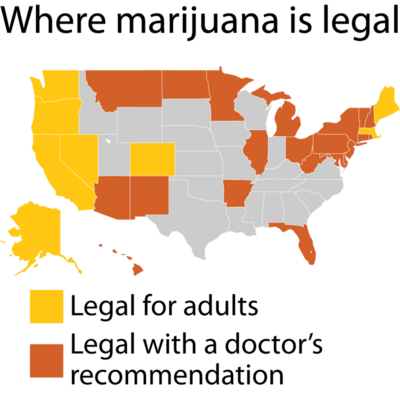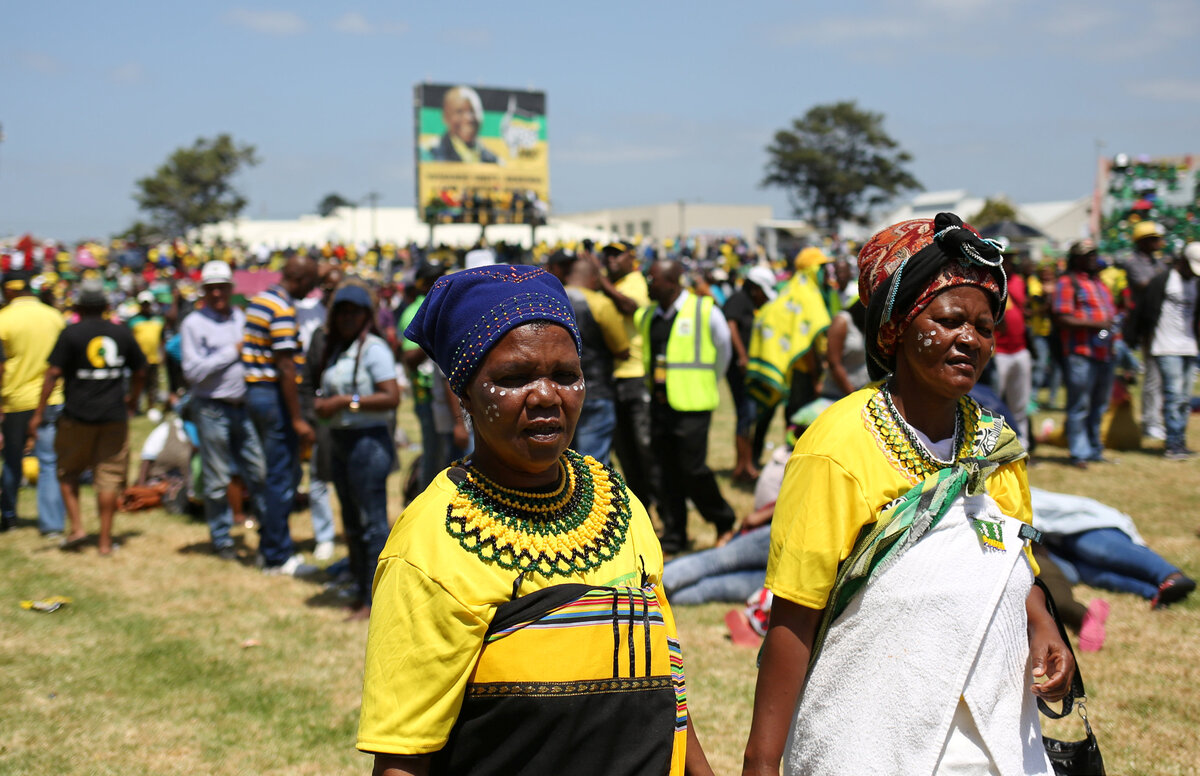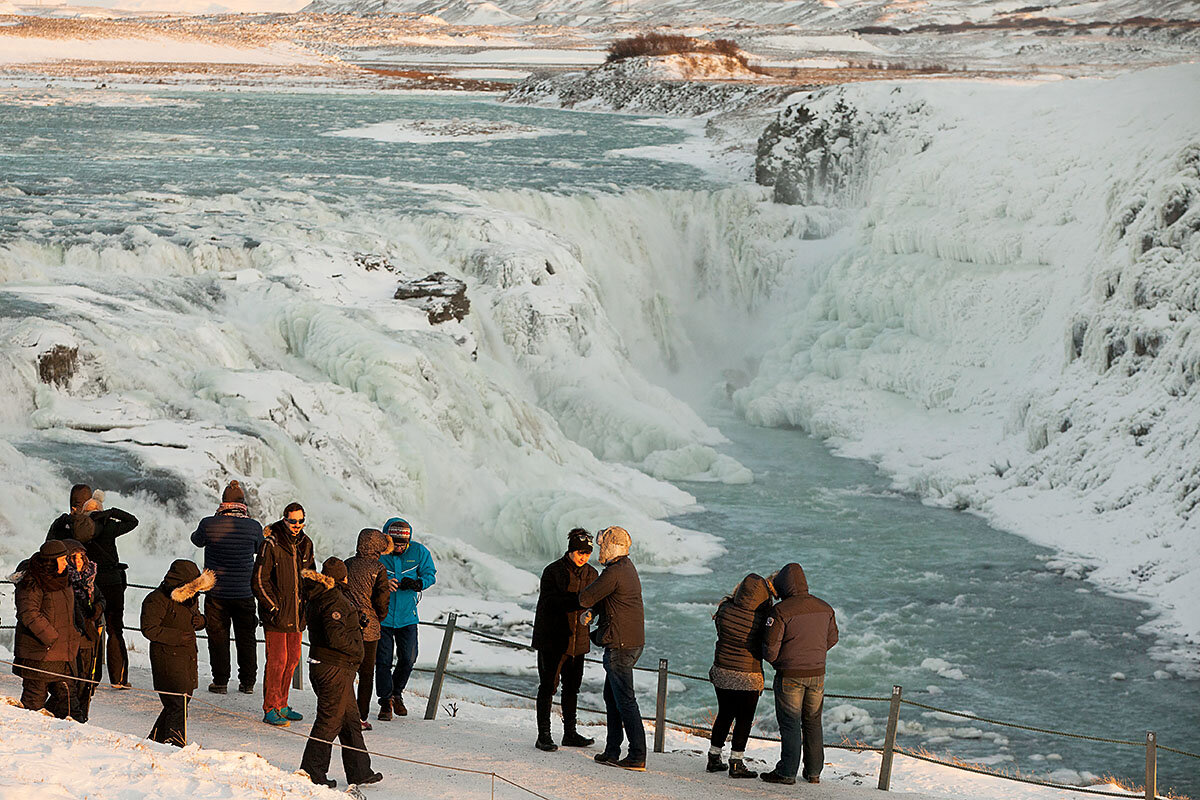In the 1990s South Africa preached reconciliation and forgiveness in its successful and largely peaceful transition out of apartheid.
Today, Liberia, long torn by civil wars, has peacefully elected a new president, George Weah, who’ll take office Jan. 22. And Colombia, after a half-century of conflict, has made peace with rebels from FARC (the Revolutionary Armed Forces of Colombia), who have laid down their arms and begun an assimilation back into society. Some of these guerrilla fighters now are becoming politicians.
South Africa never fell into a civil war, though many worried that could happen. Countries that do emerge from civil war have about a 40 percent chance of falling back into chaos, according to one expert. But for every year a nation can maintain peace the potential for a lasting peace goes up another percentage point.
Hopes for peace in places like Liberia and Colombia often rest heavily on so-called DDR programs (disarmament, demobilization, and reintegration), points out a recent article in The Economist.
DDR programs use incentives, mostly monetary, to induce insurgents to turn in their weapons, disband their militias, and help them reenter civil society by providing work opportunities, job training, or other educational programs.
Funding from international aid groups often sweeten the deal. (In 2008, for example, 15 DDR programs around the world were underwritten by $1.6 billion in aid.)
Such programs can be fraught with problems. In some cases rebels who have been given funds for training spent them frivolously. Instead of learning new work skills some joined a drug gang instead. In Nigeria rebels who were blowing up oil fields were essentially bribed by the government by being paid a monthly stipend to stop their attacks. But when the payments were cut back, the attacks resumed.
But despite a far from perfect record, DDR programs remain a valuable way to integrate those at the margins of a society into the economic mainstream.
South Africans have lived a different story. In the 1990s as white rule and apartheid collapsed, it’s Truth and Reconciliation Commission allowed those who had committed crimes – even murder – under apartheid to publicly confess, ask forgiveness of their victims, and at the same time avoid prosecution. Truth was deemed more important than retribution.
The commission did much to dissipate anger, promote healing, and recognize human dignity. A bloody civil war was avoided. Truth and reconciliation commission have since sprung up in dozens of other countries.
Cyril Ramaphosa is now in line to replace Jacob Zuma as South African president by 2019. He has pledged to root out corruption and promote transparency, both badly needed reforms.
But he can’t succeed unless he finds a way to spread the country’s economic prosperity more widely. Unemployment among black South Africans, the vast majority of citizens, is at 31 percent, while less than 7 percent for whites.
While South Africa’s poor aren’t an armed rebel group, they need the kind of aggressive programs of jobs and training that DDRs have given around the world, programs that will offer new hope.
Apologies given – and accepted – for past offenses were an essential step. But the healing must also include a recognition of the economic devastation for the majority of South Africans left in the wake of apartheid. The country needs to promote the kind of economic and educational opportunities that are bringing insurgents in places like Colombia and Liberia back into society.
 Clayton Collins
Clayton Collins










